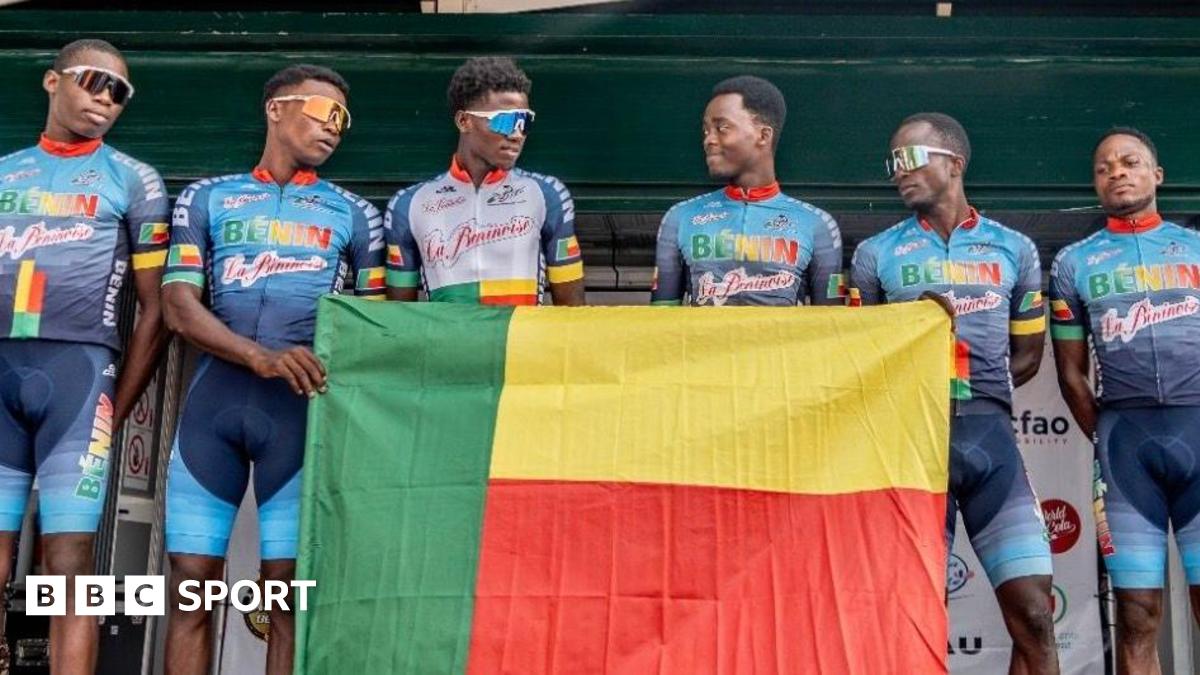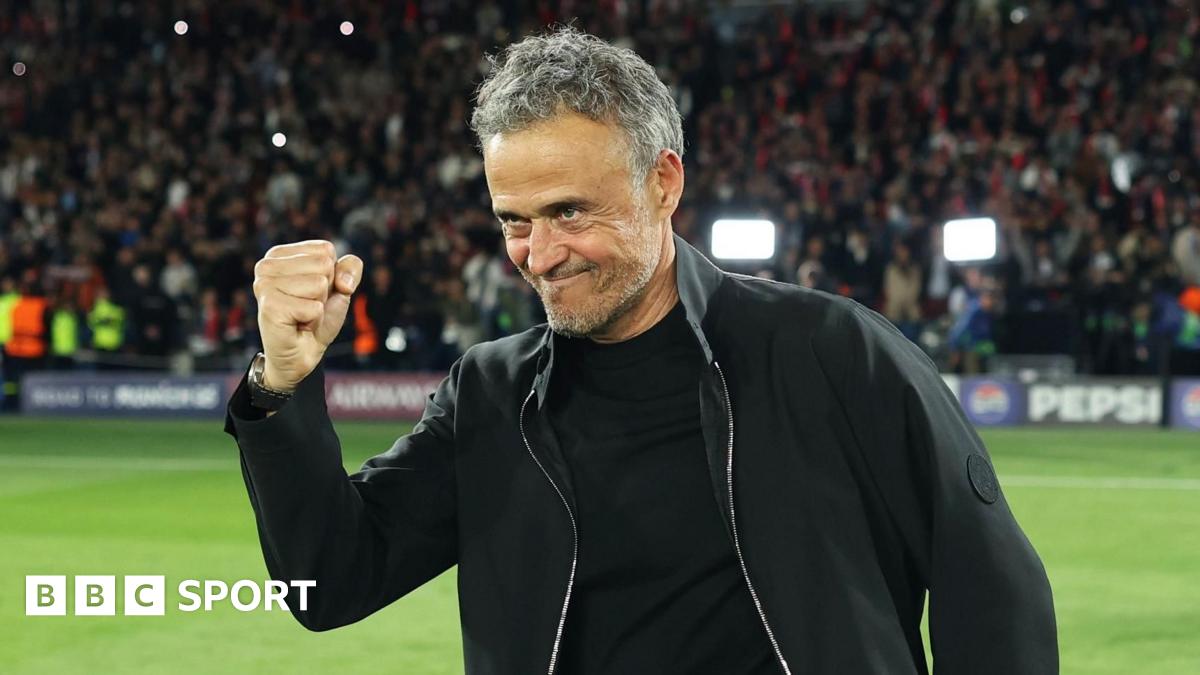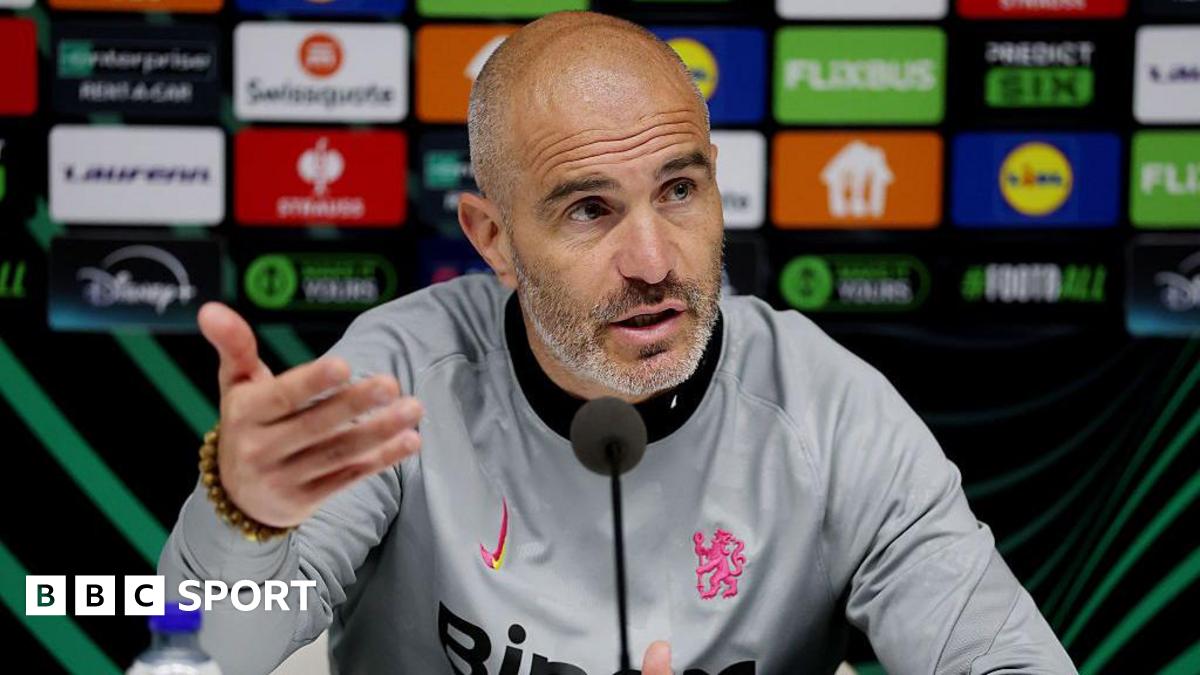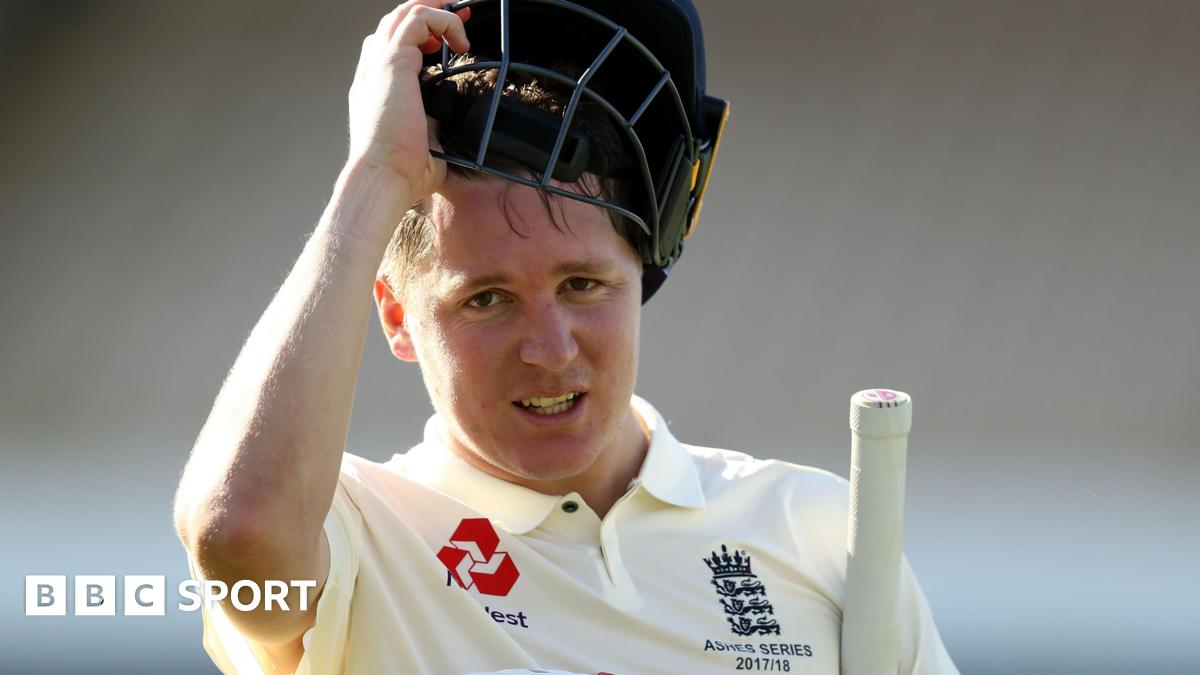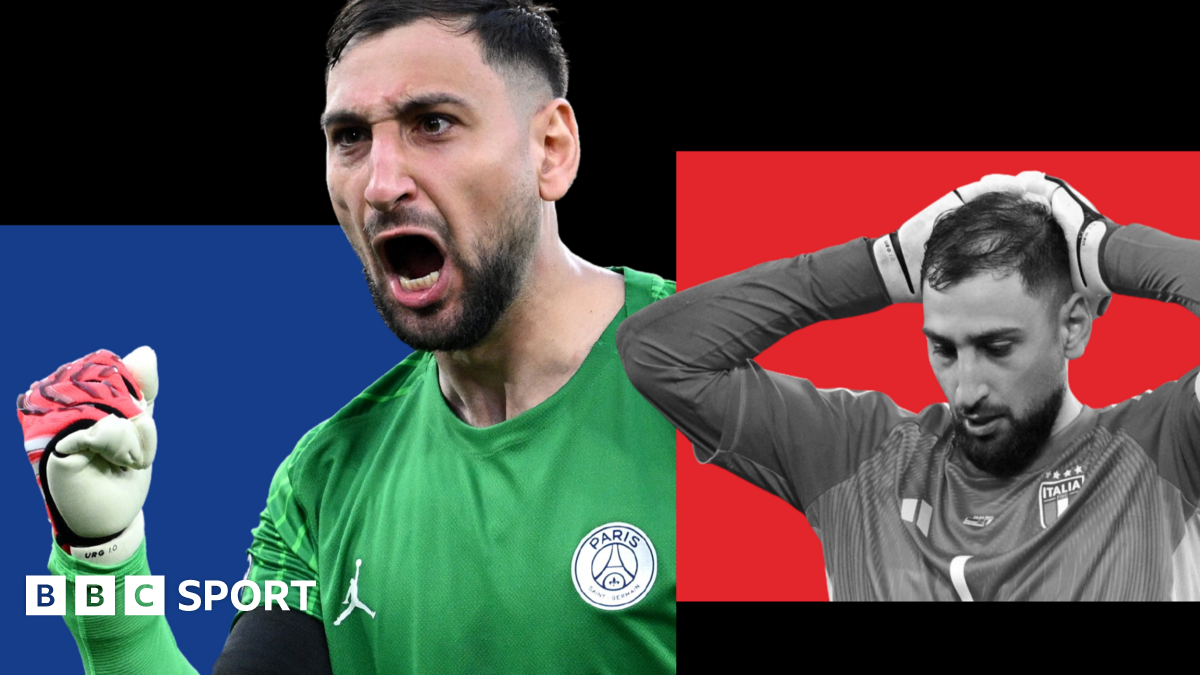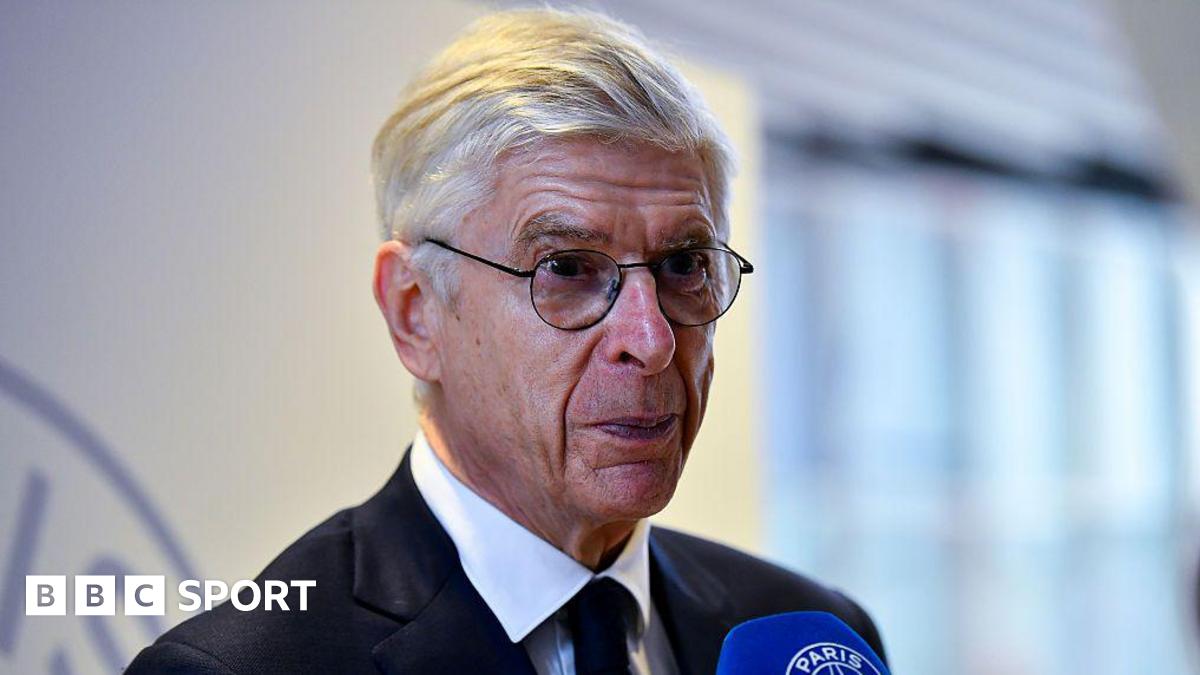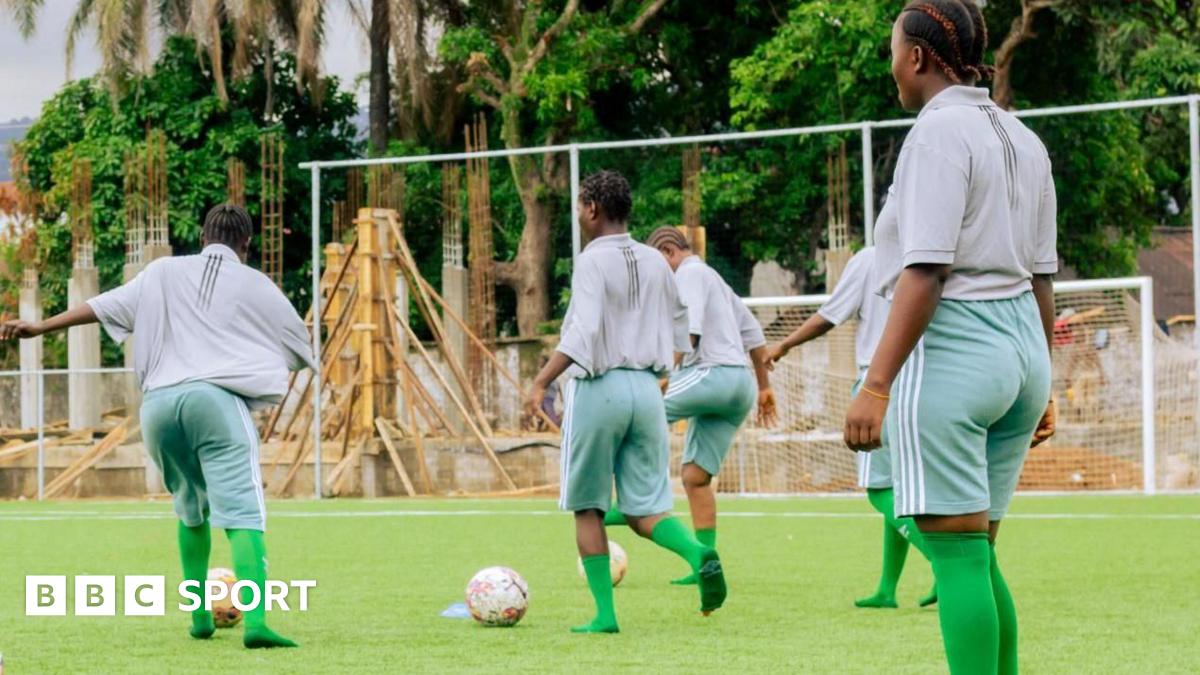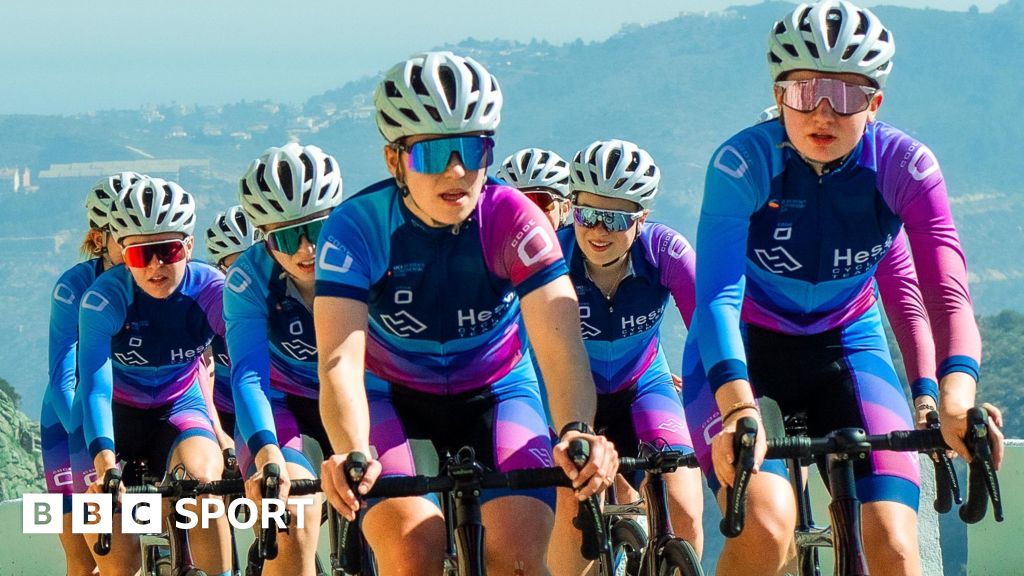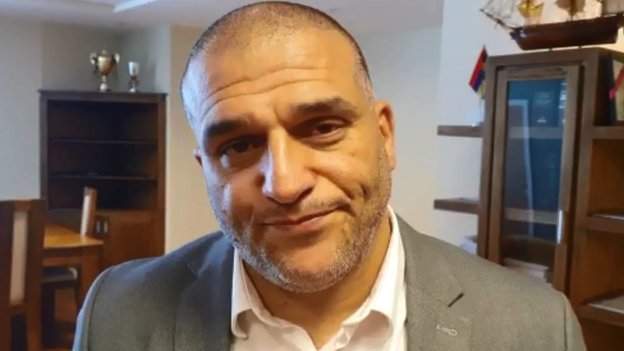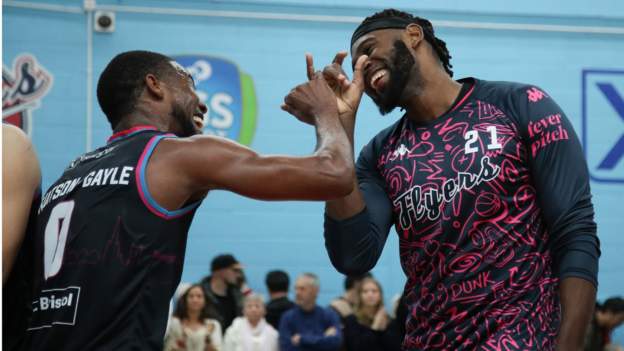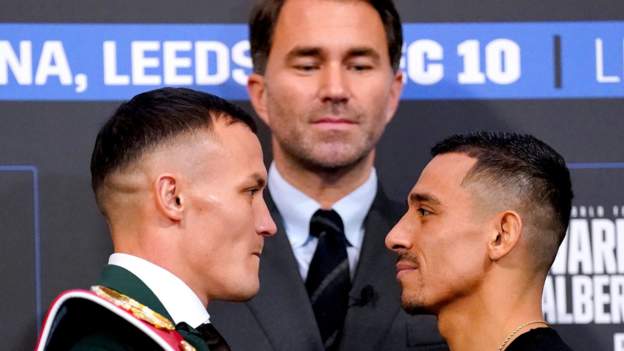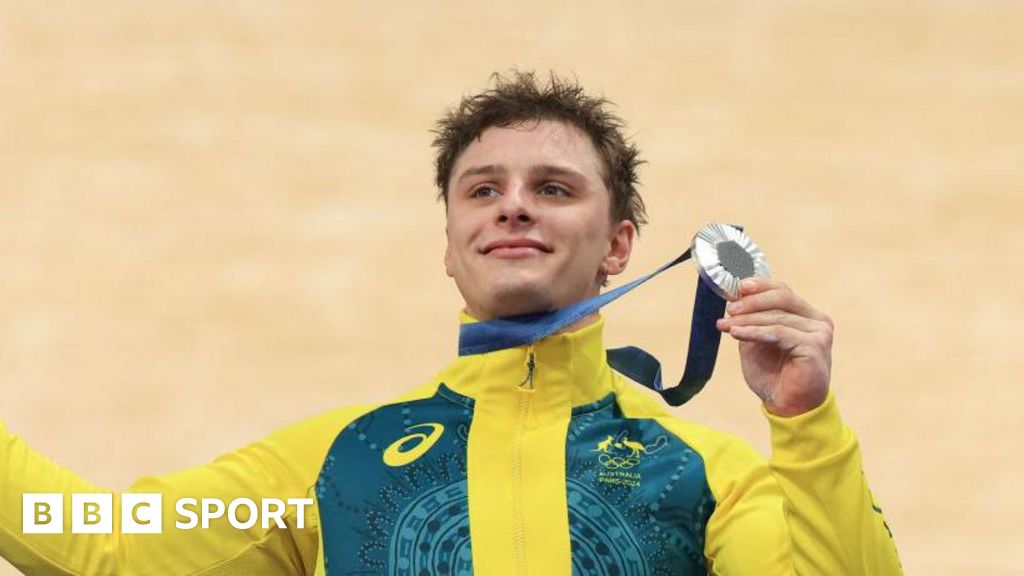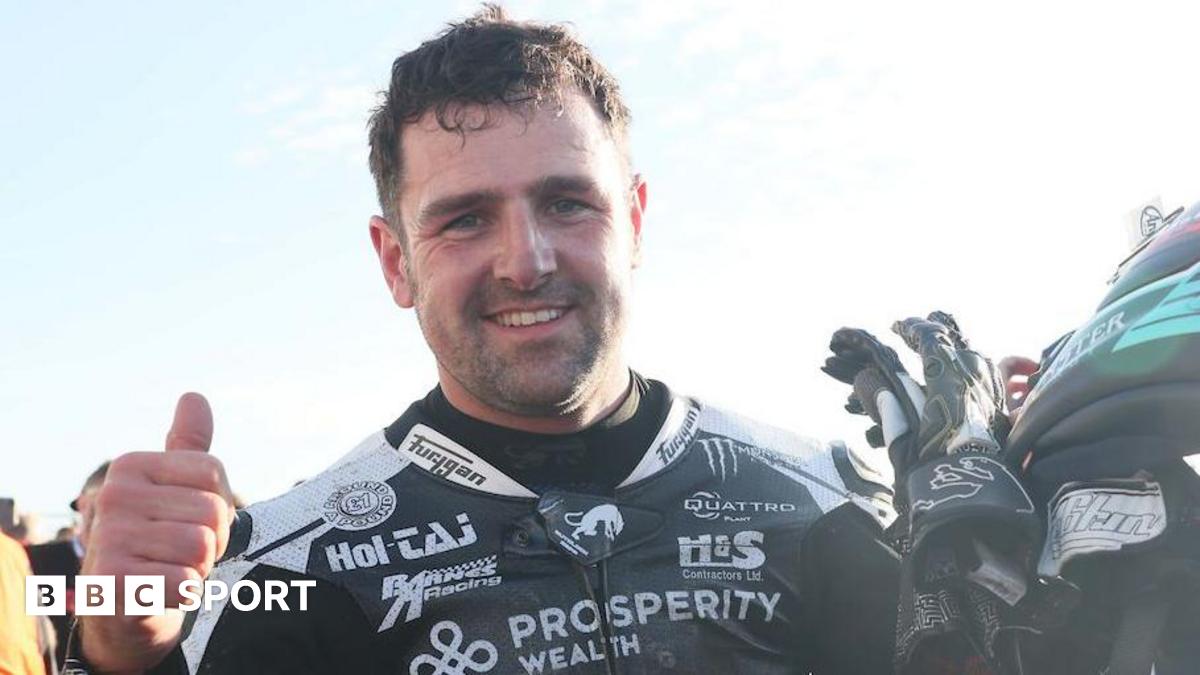Given Ineos Grenadiers operate on a budget of about 40 million euros in men’s cycling, the women’s sport remains comparatively extremely cheap – at least for now.
Hess has tried to identify what all entrepreneurs desire – the crest of a wave which launches a sport into huge growth and money-making opportunities.
Women’s cycling is clearly on the up and is enjoying a huge boost in TV air time thanks to a requirement that races can only qualify as World Tour events if race organisers guarantee at least 45 minutes of live coverage.
The re-introduction of the Tour de France Femmes as a stage race in 2022 has been an obvious boost too, bringing global TV audience of 20 million this year.
The level of growth is echoed by the sport’s world governing body the UCI, which says salaries and team budgets are increasing year-on-year, while the number of applications for teams exceeding the available number of licences for the first time.
The Hess team’s journey to the World Tour is under way, then, and they aim to make progress next year by winning races at continental level and amassing enough points to be applying for the World Tour. They may first enter the UCI’s new ProTeams level, set to be introduced and sit just below the World Tour in 2025.
Three more British teams are set to join them at continental level in 2024, external, but with much smaller budgets than Hess, a reminder that though cycling as a whole is enjoying the financial boost of more and more blue chip brands entering the sport, the model of living year-by-year on a few loyal but small sponsors is still the reality for most teams.
Hess is a keen cyclist himself, often riding his mountain bike in St Moritz, and says he can see the passion for cycling in this country when he rides his gravel bike in Richmond Park every Sunday.
“Britain is a sporting nation,” he says. “It has always been a sporting nation – football, cricket, whatever. Britain has always been more open to gender equality compared to countries in the southern part of Europe.”
Ineos Grenadiers owner Jim Ratcliffe is a cycling nut, too, a common trait for team owners who invest money in the sport given that is not a hugely profitable industry and there are better ways to simply make money.
For Hess, owning a cycling team is not an achievement in and of itself unless he manages it in an innovative way.
“I’m not prepared to be the owner of a team who does exactly same as all the others. You have to see that language, that signature, in the way we conduct the business.
“My time would be wasted unless we have a unique way of doing things.”

